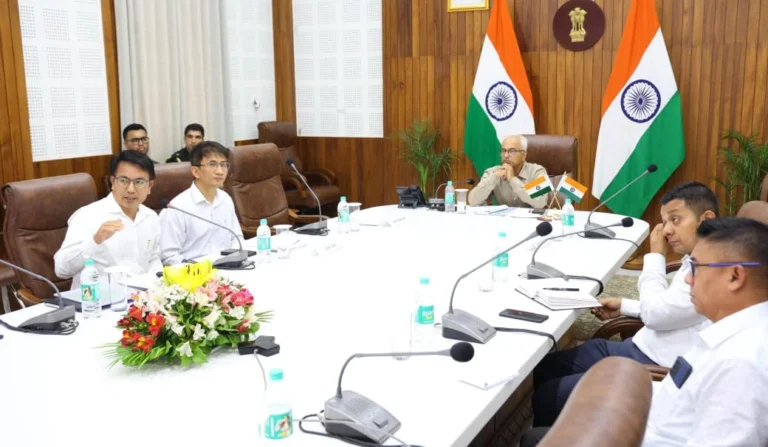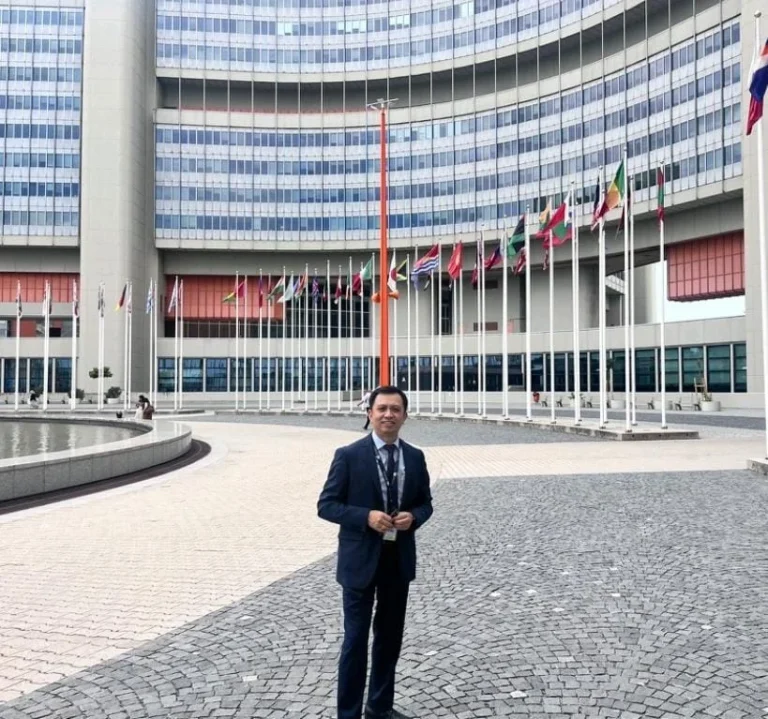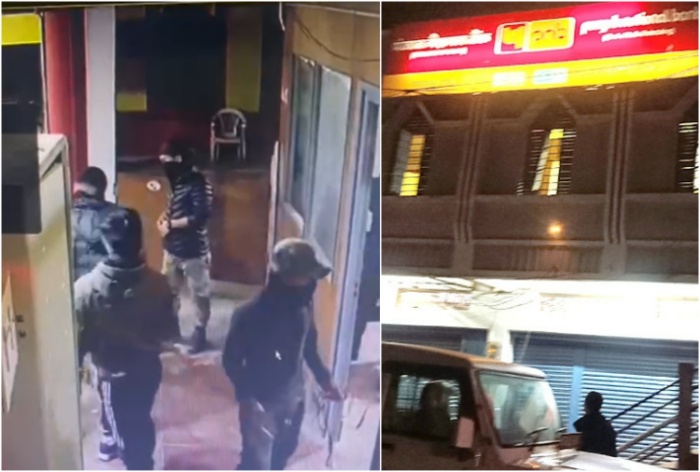Northeast CMs Hail ‘Operation Sindoor’, Praise Army for Swift Retaliation
Summary of the News Article
On May 7, 2025, the Indian Armed Forces launched ‘Operation Sindoor’, a precision military strike targeting nine terrorist infrastructure sites in Pakistan and Pakistan-administered Kashmir. This decisive action was in retaliation for the April 22 Pahalgam terror attack, which claimed 26 lives, predominantly Hindu tourists. The operation garnered widespread support from the Chief Ministers of Northeast India, who lauded the swift and strategic response of the Indian Army, emphasizing national unity and the fight against terrorism.
Comprehensive Analysis of ‘Operation Sindoor’ and Its Regional Impact
Genesis of Operation Sindoor: A Response to the Pahalgam Tragedy
The seeds of ‘Operation Sindoor’ were sown on April 22, 2025, when a heinous terrorist attack in Pahalgam, Jammu and Kashmir, led to the death of 26 individuals, mostly Hindu tourists. The attack was attributed to The Resistance Front, a militant group believed to have backing from across the border. The Indian government, holding Pakistan responsible for harboring such terrorist entities, vowed a strong response. This culminated in the meticulously planned ‘Operation Sindoor’, symbolizing a nation’s resolve to protect its citizens and sovereignty.
Execution of the Operation: Precision and Restraint
In the early hours of May 7, the Indian Air Force executed a 23-minute-long operation, deploying Rafale jets equipped with SCALP missiles and AASM Hammer bombs. The strikes targeted nine locations, including Bahawalpur, Muridke, Tehra Kalan, Sialkot, Bhimber, Kotli, and Muzaffarabad. These sites were identified as hubs for terrorist activities, housing groups like Jaish-e-Mohammed, Lashkar-e-Taiba, and Hizbul Mujahideen. India emphasized that the operation was focused, measured, and non-escalatory, avoiding Pakistani military facilities and aiming solely at terrorist infrastructures.
Pakistan’s Reaction: Denial and Retaliation
Pakistan condemned the strikes as an “act of war,” asserting that the targets were civilian areas, including mosques, and reported 26 civilian deaths. In retaliation, Pakistan claimed to have shot down five Indian aircraft and initiated cross-border shelling, resulting in the death of three Indian civilians. India, however, refuted these claims, maintaining that their operation was a justified counter-terrorism measure.
Voices from the Northeast: Unified Support for the Armed Forces
The Chief Ministers of Northeast India expressed unanimous support for ‘Operation Sindoor’, reinforcing the region’s solidarity with national defense initiatives:
- Himanta Biswa Sarma (Assam): Shared a video of the operation, challenging skeptics and emphasizing the valor of the Indian Army.
- Conrad K. Sangma (Meghalaya): Declared, “India remembers and India fights back. There is no room for terrorism. Jai Hind.”
- Prem Singh Tamang (Sikkim): Praised the operation as a reflection of India’s unwavering resolve and the armed forces’ dedication.
- N Biren Singh (Former Manipur CM): Stated, “The wounds of Pahalgam still ache, but today, justice has begun to answer. Jai Hind!”
- Pema Khandu (Arunachal Pradesh): Expressed support with a succinct, “भारत माता की जय #OperationSindoor.”
- Manik Saha (Tripura): Echoed the sentiment with “Jai Hind Bharat Mata Ki Jai.”
This collective endorsement underscores the Northeast’s integral role in national security and its unwavering support for counter-terrorism efforts.
❓ Frequently Asked Questions
Q1: What prompted ‘Operation Sindoor’?
The operation was a direct response to the April 22 terrorist attack in Pahalgam, Jammu and Kashmir, which resulted in 26 deaths.
Q2: How did India ensure minimal collateral damage during the strikes?
India employed precision-guided munitions and carefully selected targets to avoid civilian casualties and limit the operation to terrorist infrastructures.
Q3: What has been the international community’s reaction?
Global entities, including the UN, have urged both India and Pakistan to exercise restraint and engage in diplomatic dialogue to de-escalate tensions.
Q4: Why is the operation named ‘Sindoor’?
‘Sindoor’ refers to the vermilion worn by married Hindu women. The name symbolizes the loss of husbands in the Pahalgam attack, highlighting the personal tragedies caused by terrorism.
Q5: How have Northeast Indian leaders reacted to the operation?
Chief Ministers from the Northeast have unanimously supported the operation, praising the Indian Armed Forces for their swift and decisive action against terrorism.



